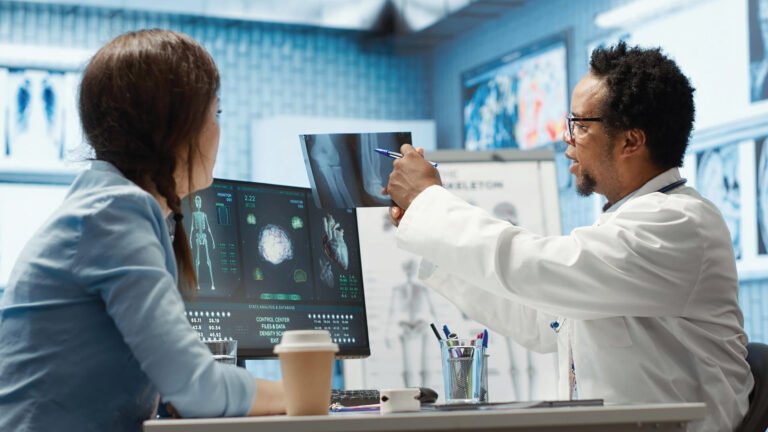Scientists have discovered a groundbreaking cancer treatment that uses only light and a special medical dye to destroy tumor cells—no drugs, no radiation, and no surgery. This new technique, powered by "molecular jackhammers," causes the dye molecules to vibrate a trillion times per second under near-infrared light, physically ripping cancer cells apart from within.
The dye—aminocyanine—is already FDA-approved for imaging, but researchers found that when it's hit with near-infrared light, it begins to violently vibrate and rupture cancer cells without harming nearby healthy tissue. In lab tests, 99% of melanoma cells were destroyed in one session. In mice, half the tumors vanished after just one treatment.
Even better? The near-infrared light can reach up to 10 cm deep, making it possible to treat internal organs without surgery. Since the dye naturally targets cancer cells, the technique is highly specific and may avoid resistance that plagues chemo and radiation. Scientists believe this tech could soon reshape not just cancer therapy, but early disease detection as well—without needles, drugs, or invasive tools.
#CancerBreakthrough #MedicalInnovation #NonInvasiveTherapy #LightBasedTreatment #FutureOfMedicineScientists have discovered a groundbreaking cancer treatment that uses only light and a special medical dye to destroy tumor cells—no drugs, no radiation, and no surgery. This new technique, powered by "molecular jackhammers," causes the dye molecules to vibrate a trillion times per second under near-infrared light, physically ripping cancer cells apart from within.
The dye—aminocyanine—is already FDA-approved for imaging, but researchers found that when it's hit with near-infrared light, it begins to violently vibrate and rupture cancer cells without harming nearby healthy tissue. In lab tests, 99% of melanoma cells were destroyed in one session. In mice, half the tumors vanished after just one treatment.
Even better? The near-infrared light can reach up to 10 cm deep, making it possible to treat internal organs without surgery. Since the dye naturally targets cancer cells, the technique is highly specific and may avoid resistance that plagues chemo and radiation. Scientists believe this tech could soon reshape not just cancer therapy, but early disease detection as well—without needles, drugs, or invasive tools.
#CancerBreakthrough #MedicalInnovation #NonInvasiveTherapy #LightBasedTreatment #FutureOfMedicine









